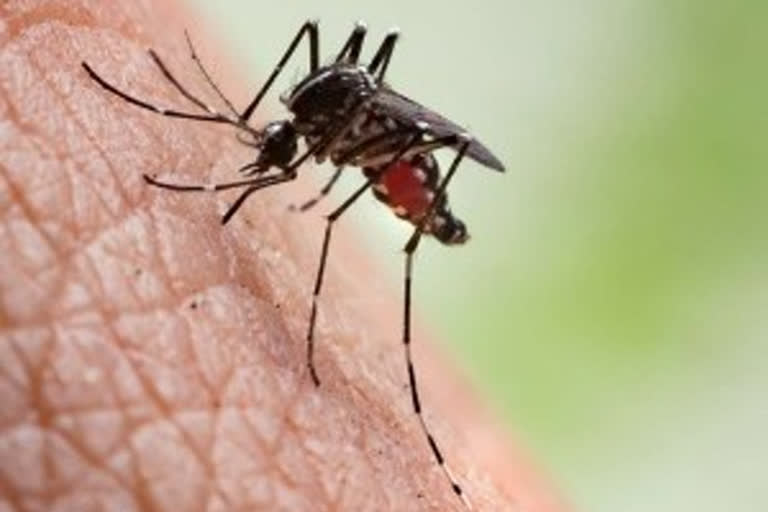Hyderabad: A skin cream used to treat warts and skin cancer could help protect people against viral diseases such as Zika and dengue, according to a new study.
The cream, called imiquimod or Aldara, is commonly used to treat genital warts and some forms of skin cancer.
"This study shows that a clinically approved, widely used skin cream has the potential to be repurposed as a valuable protector against insect-borne diseases," said study lead author Clive McKimmie, from the University of Leeds in the UK.
For the findings, published in the journal Science Translational Medicine, researchers studied four types of virus transmitted by mosquitos and found that applying a cream within an hour of a mosquito bite dramatically reduced infection rates in their models.
They used two different models to understand the effect of the skin cream - human skin samples and mice.
In both cases, applying the skin cream acted like a warning signal which caused rapid activation of the skin's immune response that fights any potential viral threats. This prevented the virus from spreading around the body and causing disease.
"What is especially encouraging about our results is that the cream was effective against a number of distinct viruses, without needing to be targeted to one particular virus," McKimmie said.
"If this strategy can be developed into a treatment option then we might be able to use it to tackle a wide range of new emerging diseases that we have not yet encountered," McKimmie added.
There are hundreds of viruses spread by biting mosquitoes which can infect humans.
These include the dengue virus, West Nile virus, Zika virus and chikungunya virus, which have all had large outbreaks in recent years.
At present, there are no anti-viral medicines and few vaccines to help combat these infections.
According to the researchers, when a mosquito bites the skin, the body reacts in a very specific way to try and mitigate the physical trauma of the skin being punctured.
The bite causes a wound-healing repair mechanism to begin, however, the skin does not prepare itself to respond to viral attack.
This means mosquito-borne viruses that enter the skin through a bite are able to replicate quickly with little anti-viral response in the skin and then spread throughout the body, the study said.
By applying skin cream after a bite, researchers found that they could pre-emptively activate the immune system's inflammatory response before the virus becomes a problem.
The cream encouraged a type of immune cell in the skin, called a macrophage, to suddenly spring into action to fight off the virus before it could spread around the body.
"By boosting the immune system and not targeting a specific virus, this strategy has the potential to be a 'silver bullet' for a wide range of distinct mosquito-borne viral diseases," said study co-author Steven Bryden.
Also, read: 1 in 7 Indians suffered from mental health issues in 2017: Study



